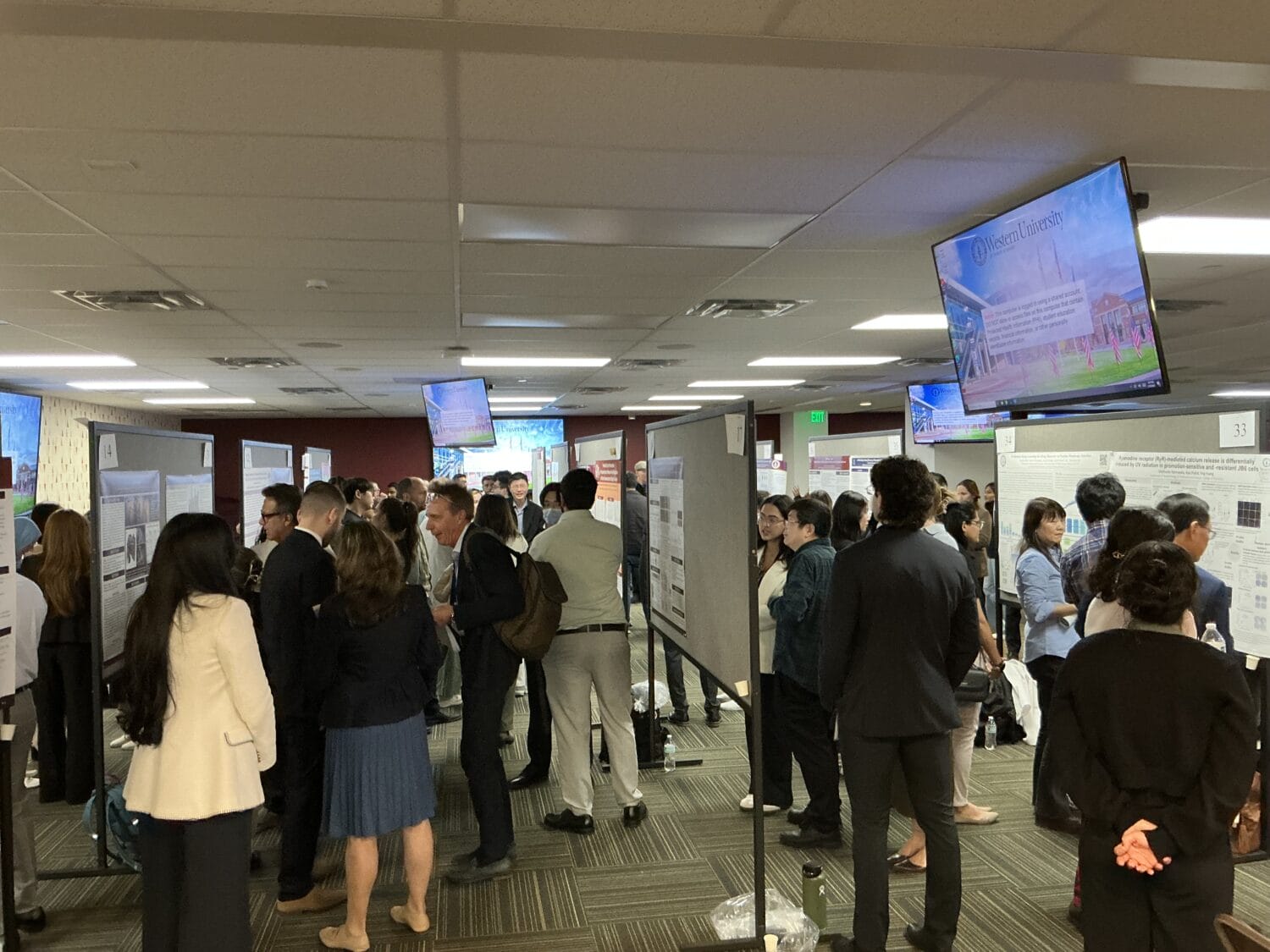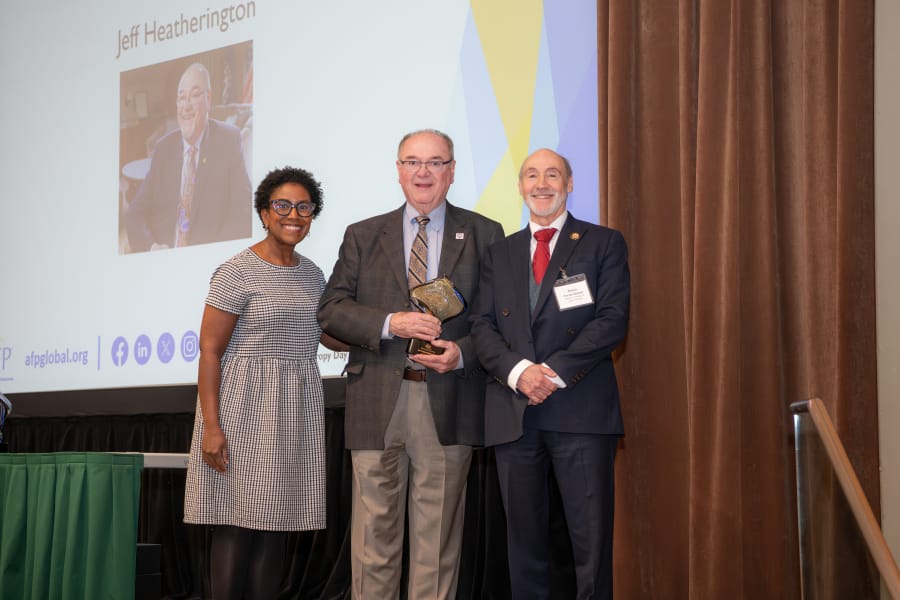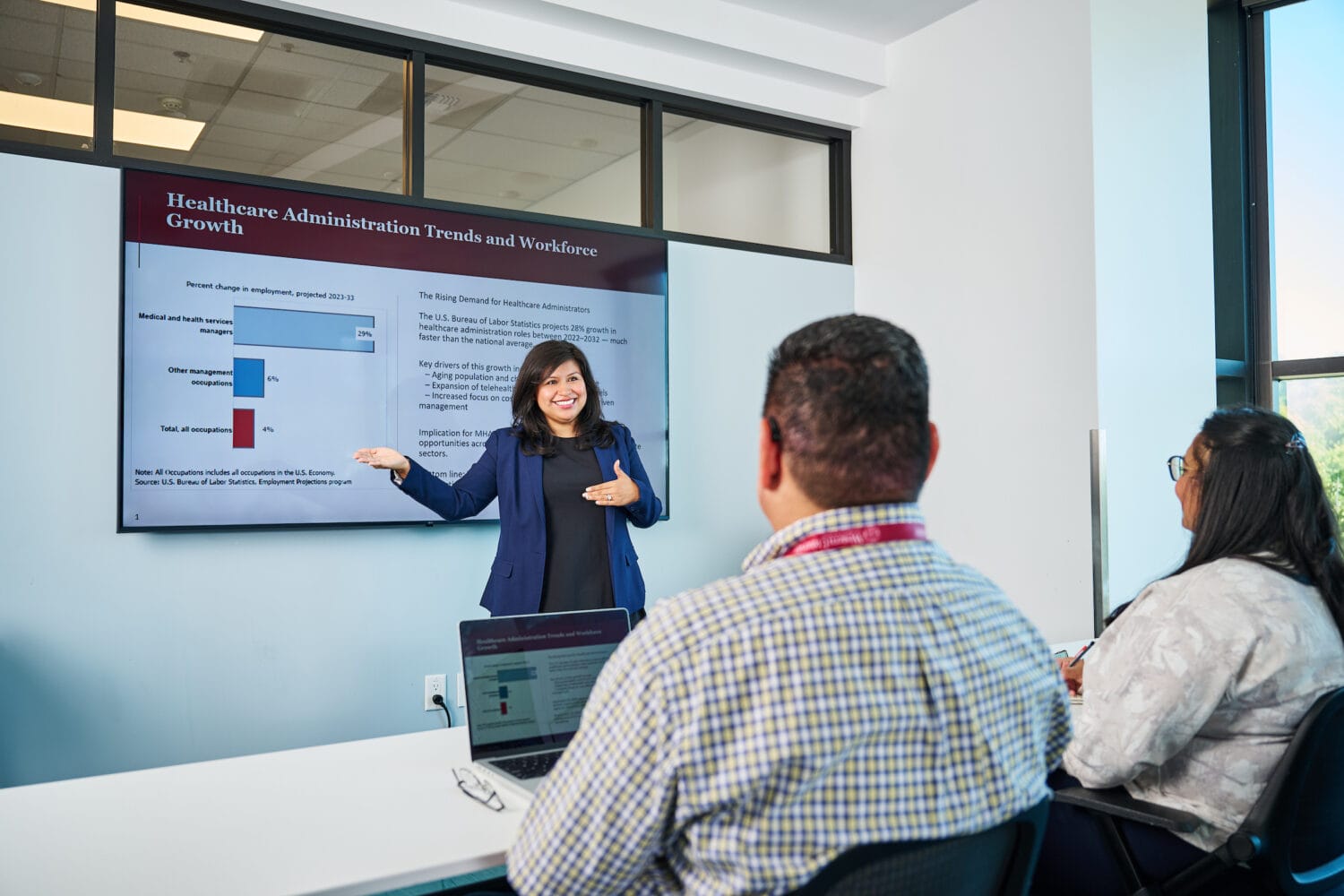WesternU’s Wheelchair & Assistive Technology Extravaganza continues to grow
Western University of Health Sciences (WesternU) hosted the Wheelchair & Assistive Technology Extravaganza on its Pomona, California campus March 28, 2025. This collaborative event was organized by the Harris Family Center for Disability and Health Policy (CDHP) and the College of Health Sciences’ Department of Physical Therapy Education (DPTE), providing Doctor of Physical Therapy (DPT) students from the Class of 2026 with hands-on experience in adaptive technologies and durable medical equipment (DME) for both pediatric and adult populations.
The extravaganza featured various stations where students engaged with alternative control devices, including eye-tracking and chin-operated systems, to operate power wheelchairs. These practical sessions aimed to familiarize future clinicians with advanced assistive technologies, enhancing their ability to advocate for and educate patients about available resources.
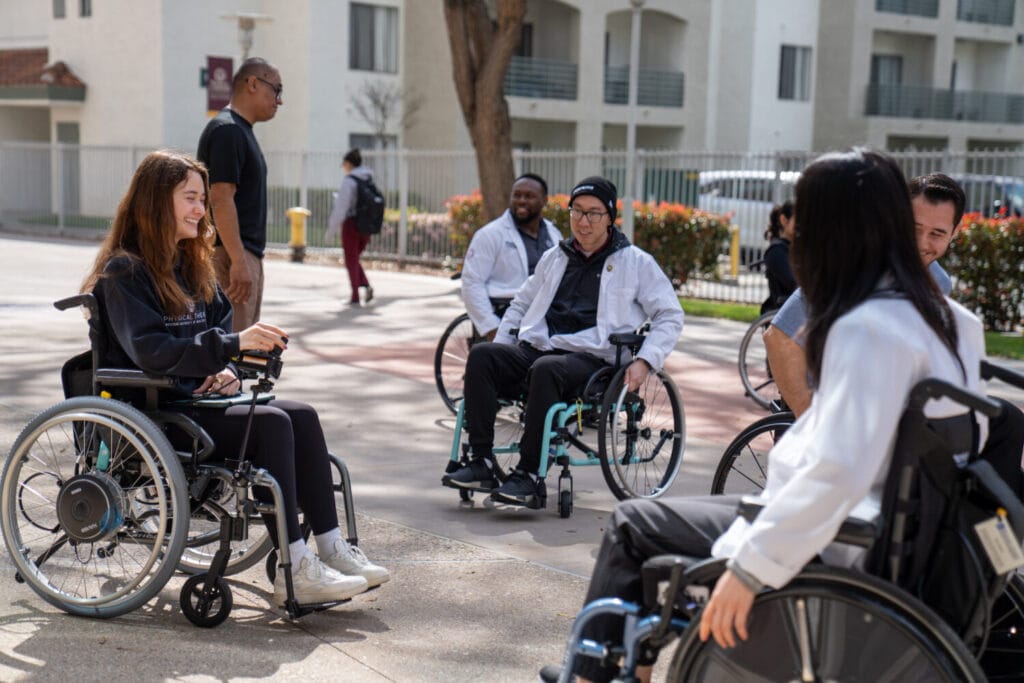
Additionally, participants explored different types of wheelchair cushions and conducted pressure mapping to understand their role in wound prevention. The event also showcased a range of pediatric DME and custom-made switches designed to aid non-verbal children in communication. This comprehensive exposure underscores WesternU’s commitment to equipping its physical therapy students with the knowledge and skills necessary to improve patient care through innovative assistive technologies.
At the heart of this impactful event was CHS Assistant Professor Tammie Keller Johnson, PT, DPT, PhD, NCS, ATP, CBIS, MS, whose visionary leadership and tireless commitment made the experience both meaningful and memorable. She was supported by DPTE faculty and staff, including Dr. Maybel Kyin, Dr. Melissa Braucht, Megan Kwon, Brenda Flores, Justin Preciado, and DPTE Chair Harsha Deoghare, PT, PhD. CHS Acting Dean Gail Evans Grayson, EdD, MA, provided generous gifts and prizes for the trivia game winners.
The Harris Family Center for Disability and Health Policy (CDHP), under the leadership of Director Marcelle Daniels, MHRD, and Office Coordinator Mary Rojas, BA, facilitated the event and provided lunches for all vendors.
Thank you to Consuelo Sanchez and Elizabeth Perez from CDHP for their contributions.
KJ Phillips, a wheelchair provider, assembled an adaptive gaming station featuring games such as Mario Supercart, that can be used by children with CP or adults with limited hand use.
The event also featured a mini expo with various accessibility software, CDHP specialty tools, a representative from the ALS association, medical supplies for patients with SCI, a Dutch walker/WC for Parkinson’s Disease, and a mobile standing chair called the Matia.
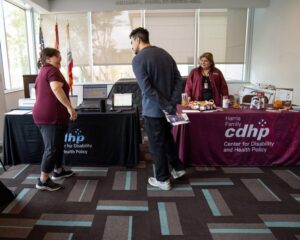
The goal of CDHP is to bridge the gap between innovation and accessibility by expanding the reach of events like the Wheelchair and Assistive Technology Extravaganza, Daniels said.
“We want students to experience firsthand how cutting-edge assistive technology can enhance mobility, independence, and quality of life for individuals with disabilities. By staying informed on the latest advancements in assistive technology, students can better understand the impact these tools have on creating a more inclusive world, ultimately empowering them to become more compassionate, knowledgeable, and effective health care professionals,” Daniels said. “It’s essential to keep up to date with these innovations because they not only shape the future of accessibility but also enable us to challenge and dismantle ableism in the health care system, ensuring that everyone has the opportunity to thrive.”
A highlight of the day was the special presence of WesternU Senior Vice President for Research and Biotechnology Andrea Giuffrida, PhD, MBA. Dr. Giuffrida inspired students and faculty with his insights on supporting innovation at WesternU, emphasizing the University’s dedication to advancing health care through technological advancements.
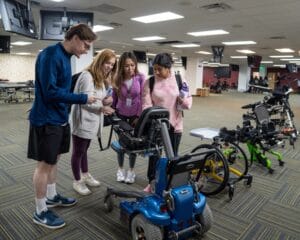
The event also welcomed students from the Master of Science in Medical Sciences (MSMS), College of Graduate Nursing (CGN), and Physician Assistant (PA) programs, who gained valuable insights into the applications of assistive technology in patient care.
During the extravaganza, second-year DPT student Gerard Elepano maneuvered a wheelchair using head movements. He is writing down the names of the various vendors he interacts with at this event, so when he works with neurological patients he can make informed recommendations.
“Trying out these different accessories, we can know what’s going to be the best for patients when we recommend them,” Elepano said. “We also have to explain to insurance providers why they need it.”
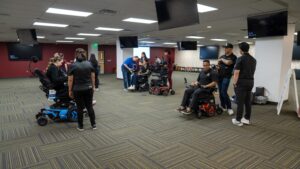
Second-year DPT student Christine Verrette tested out wheelchairs controlled by eye movements and via a headset.
“I think feeling the chairs, how they operate, and understanding the variants of the different controls is helpful for educating patients on their best options,” Verrette said. “We learn this in class through lecture, but actual hands-on experience takes it to another level of understanding. It all makes sense and brings it all together.”
Building on this year’s success, plans are underway to expand the extravaganza into a larger Interprofessional Education (IPE) experience next year, involving more colleges and fostering collaborative learning across various health care disciplines.
The Wheelchair & Assistive Technology Extravaganza exemplified WesternU’s dedication to inclusive, future-focused health care and community-centered innovation.
Watch the reel to see the story come to life—don’t miss the best moments; https://www.instagram.com/p/DHwkn5Ay8gv/.
